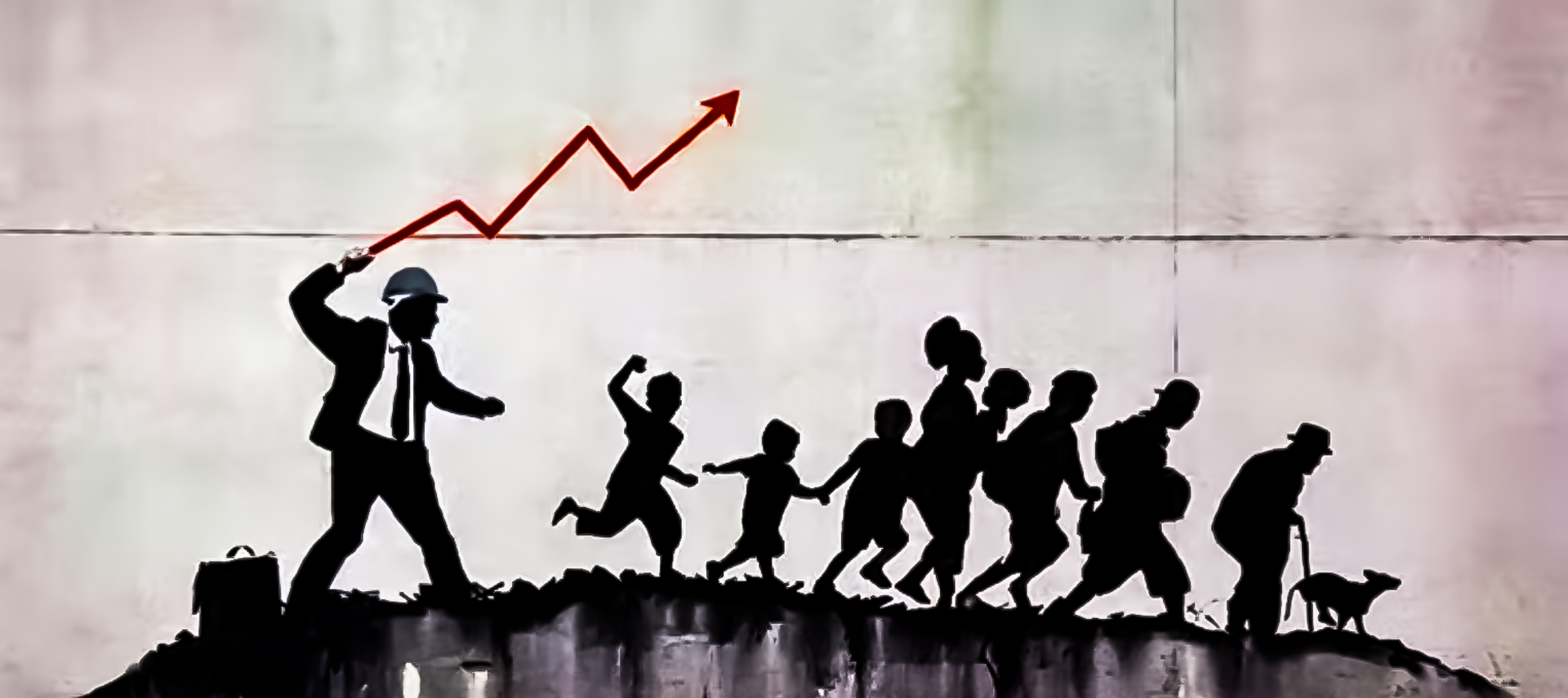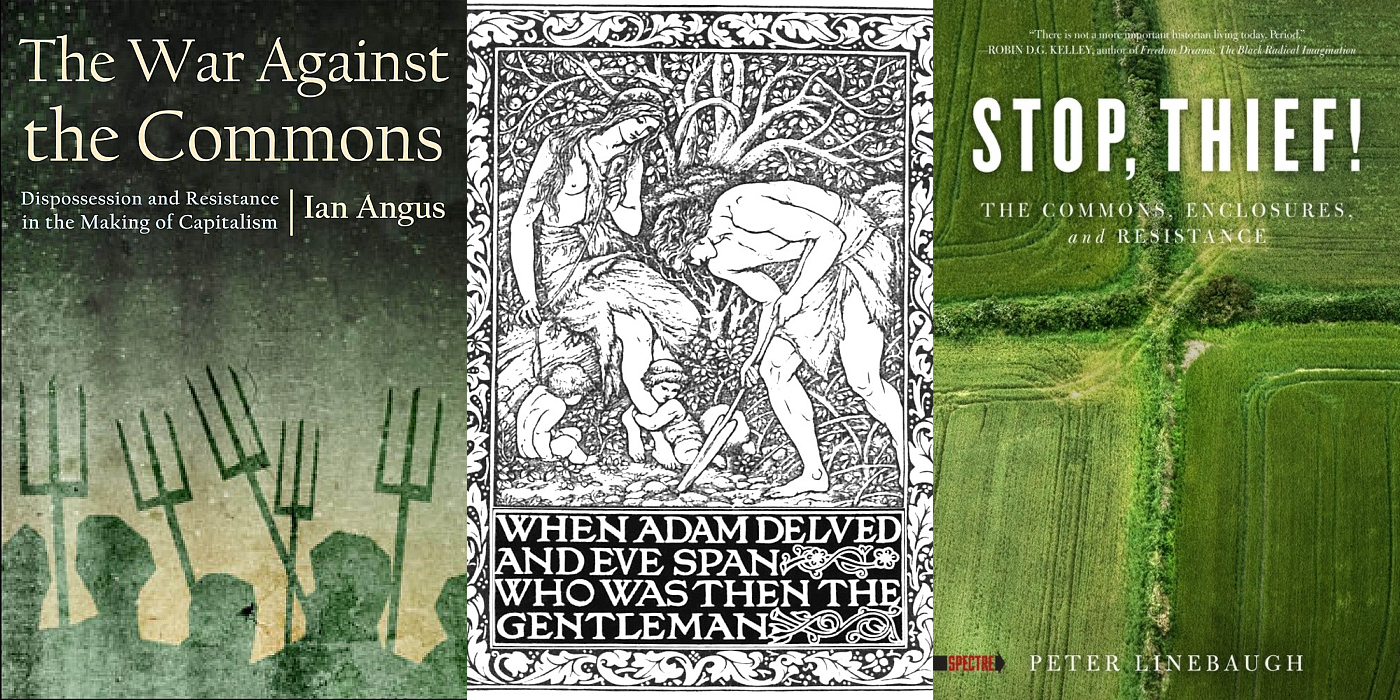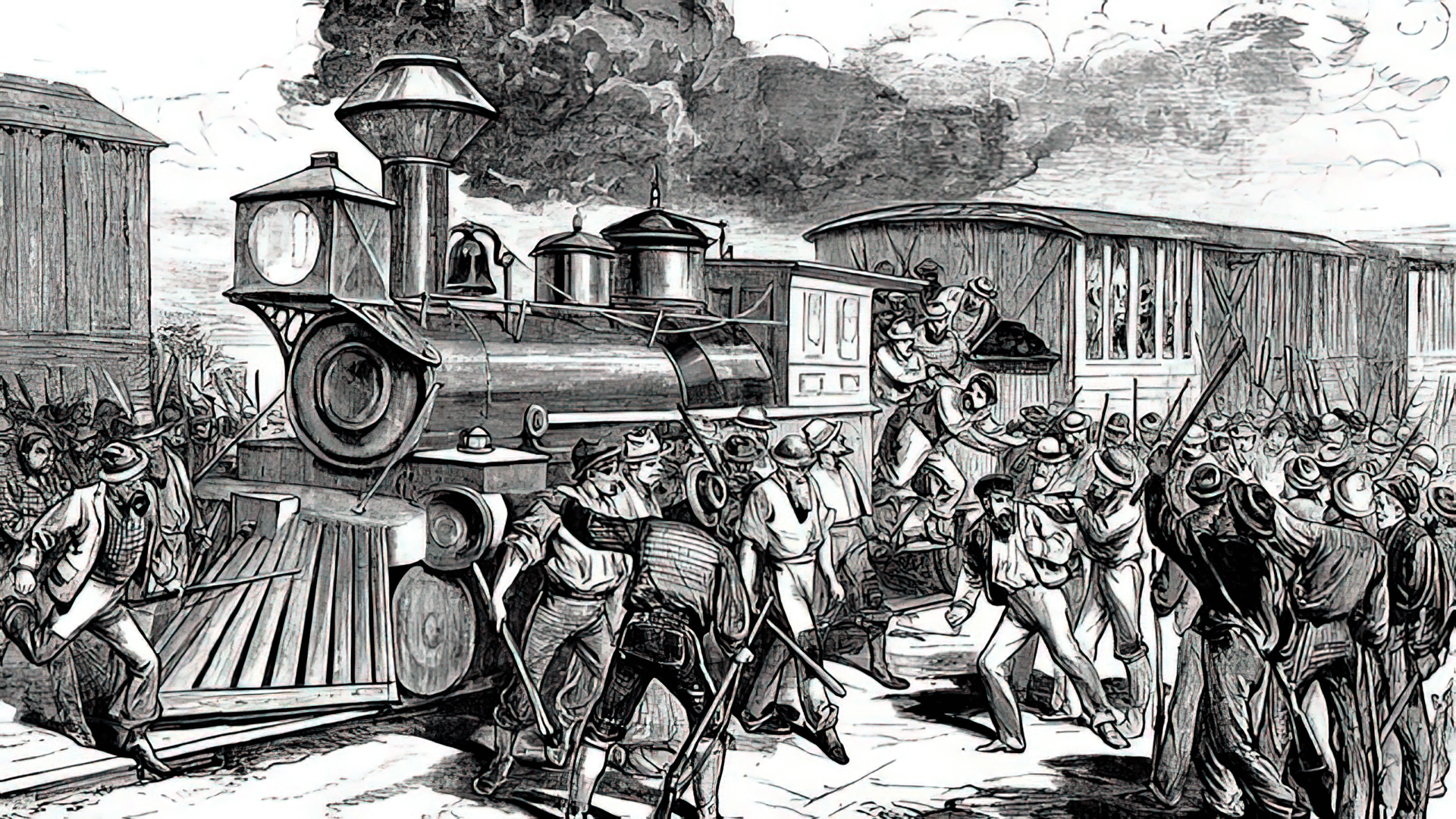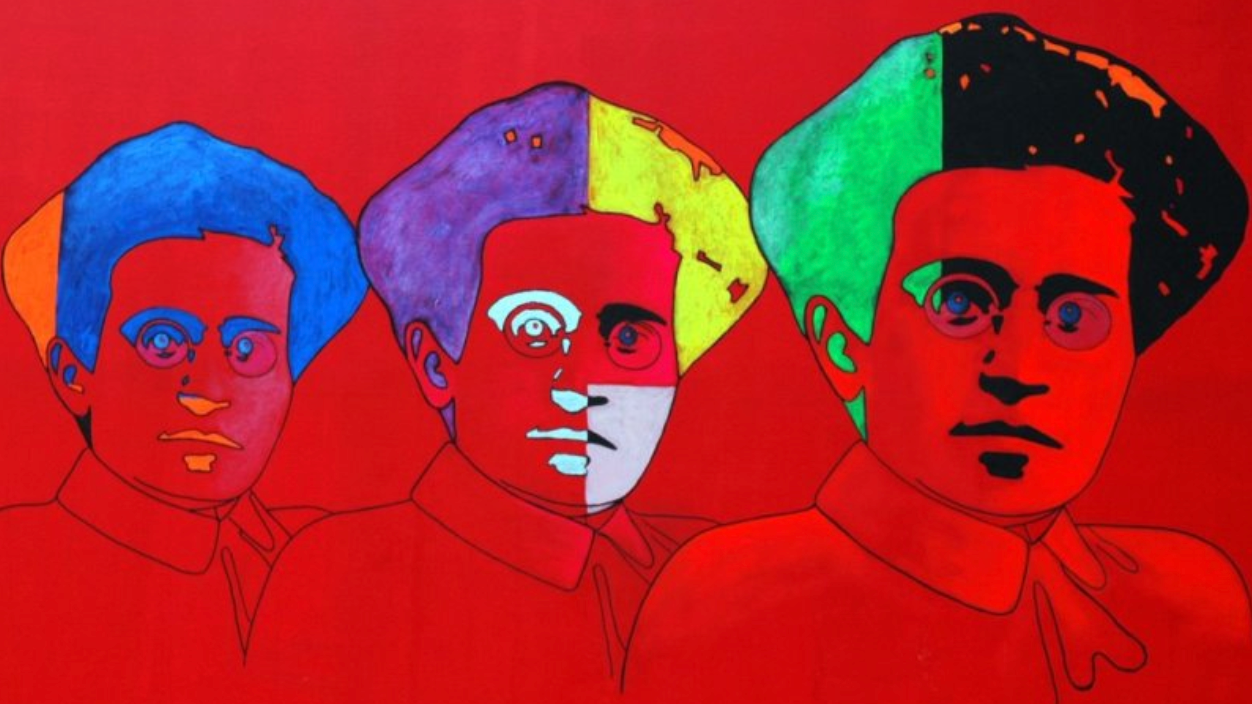Class
What Do We Need Bosses For? with Pete Dolack
Online: Zoom link will be provided to registered participantsPete Dolack's latest book, What Do We Need Bosses For?: Toward Economic Democracy, analyzes past and present efforts to establish systems of economic democracy on a national or society-wide basis. In this context the book dissects the mounting inequalities of capitalism and discusses theoretical ideas as to how we might organize a better world.
Reading Marx’s Capital, Volume I (third series)
Online: Zoom link will be provided to registered participantsThird series in our close reading and discussion of Marx's magnum opus, with Lisa Maya Knauer and other facilitators from the MEP's Capital Studies Group. This series covers parts 5 through 8 of Capital I, on wages, the accumulation of capital, and the so-called primitive accumulation.
Commons, Commoning, Communism
Online: Zoom link will be provided to registered participantsBefore the advent of capitalism, much of humanity produced their immediate livelihoods on lands and with tools to which they either had rights of use or held as individual property. All that came to a violent end with what Marx preferred to call the "original expropriation" (often misleadingly termed "primitive accumulation"). This reading group will explore the historical roots and persistence of such crimes and the resistance they evoke by reading together Ian Angus's recently published The War Against the Commons, Peter Linebaugh's Stop Thief! and related texts.
Reading Marx’s Capital, Volume I (third series)
Online: Zoom link will be provided to registered participantsThird series in our close reading and discussion of Marx's magnum opus, with Lisa Maya Knauer and other facilitators from the MEP's Capital Studies Group. This series covers parts 5 through 8 of Capital I, on wages, the accumulation of capital, and the so-called primitive accumulation.
Commons, Commoning, Communism
Online: Zoom link will be provided to registered participantsBefore the advent of capitalism, much of humanity produced their immediate livelihoods on lands and with tools to which they either had rights of use or held as individual property. All that came to a violent end with what Marx preferred to call the "original expropriation" (often misleadingly termed "primitive accumulation"). This reading group will explore the historical roots and persistence of such crimes and the resistance they evoke by reading together Ian Angus's recently published The War Against the Commons, Peter Linebaugh's Stop Thief! and related texts.
Reading Marx’s Capital, Volume I (third series)
Online: Zoom link will be provided to registered participantsThird series in our close reading and discussion of Marx's magnum opus, with Lisa Maya Knauer and other facilitators from the MEP's Capital Studies Group. This series covers parts 5 through 8 of Capital I, on wages, the accumulation of capital, and the so-called primitive accumulation.
Commons, Commoning, Communism
Online: Zoom link will be provided to registered participantsBefore the advent of capitalism, much of humanity produced their immediate livelihoods on lands and with tools to which they either had rights of use or held as individual property. All that came to a violent end with what Marx preferred to call the "original expropriation" (often misleadingly termed "primitive accumulation"). This reading group will explore the historical roots and persistence of such crimes and the resistance they evoke by reading together Ian Angus's recently published The War Against the Commons, Peter Linebaugh's Stop Thief! and related texts.
Reading Marx’s Capital, Volume I (third series)
Online: Zoom link will be provided to registered participantsThird series in our close reading and discussion of Marx's magnum opus, with Lisa Maya Knauer and other facilitators from the MEP's Capital Studies Group. This series covers parts 5 through 8 of Capital I, on wages, the accumulation of capital, and the so-called primitive accumulation.
Reading Marx’s Capital, Volume I (third series)
Online: Zoom link will be provided to registered participantsThird series in our close reading and discussion of Marx's magnum opus, with Lisa Maya Knauer and other facilitators from the MEP's Capital Studies Group. This series covers parts 5 through 8 of Capital I, on wages, the accumulation of capital, and the so-called primitive accumulation.
Commons, Commoning, Communism
Online: Zoom link will be provided to registered participantsBefore the advent of capitalism, much of humanity produced their immediate livelihoods on lands and with tools to which they either had rights of use or held as individual property. All that came to a violent end with what Marx preferred to call the "original expropriation" (often misleadingly termed "primitive accumulation"). This reading group will explore the historical roots and persistence of such crimes and the resistance they evoke by reading together Ian Angus's recently published The War Against the Commons, Peter Linebaugh's Stop Thief! and related texts.
Theodore Allen’s ‘The Kernel and Meaning’: A Strategic Critique of U.S. Labor History
Online: Zoom link will be provided to registered participantsBefore Theodore W. Allen turned to his magnum opus, The Invention of the White Race, he drafted an essay "The Kernel and Meaning: A Contribution to a Proletarian Critique of U.S. Historiography." In it, he assessed how the industrial bourgeoisie successfully overturned plantation capital's rule while assuring its own ascendancy over the proletariat. Allen reviewed six commonly held explanations as to why, despite favorable objective conditions, the U.S. left and workers movements failed to establish socialism or even a permanent working-class party. Participants in this group will read and discuss the original, 160-page typescript of Allen's unpublished essay.
Commons, Commoning, Communism
Online: Zoom link will be provided to registered participantsBefore the advent of capitalism, much of humanity produced their immediate livelihoods on lands and with tools to which they either had rights of use or held as individual property. All that came to a violent end with what Marx preferred to call the "original expropriation" (often misleadingly termed "primitive accumulation"). This reading group will explore the historical roots and persistence of such crimes and the resistance they evoke by reading together Ian Angus's recently published The War Against the Commons, Peter Linebaugh's Stop Thief! and related texts.
Commons, Commoning, Communism
Online: Zoom link will be provided to registered participantsBefore the advent of capitalism, much of humanity produced their immediate livelihoods on lands and with tools to which they either had rights of use or held as individual property. All that came to a violent end with what Marx preferred to call the "original expropriation" (often misleadingly termed "primitive accumulation"). This reading group will explore the historical roots and persistence of such crimes and the resistance they evoke by reading together Ian Angus's recently published The War Against the Commons, Peter Linebaugh's Stop Thief! and related texts.
The Spectre Still Haunting: Introducing the Revolutionary Politics of Marx and Engels
Online: Zoom link will be provided to registered participantsAn introductory reading group for those just getting acquainted with Marxist ideas, based on Marx and Engels' elegant and rousing classic The Manifesto of the Communist Party. We will be guided by China Miéville's thoughtful, provocative meditations on the Manifesto, A Spectre Haunting.
Reading Antonio Gramsci’s Prison Notebooks
Online: Zoom link will be provided to registered participantsWe continue to study selected passages from Antonio Gramsci’s Prison Notebooks. We delve into key themes and concepts related to civil society and state: politics and the arts, racism, class and gender, religion, linguistics, and other methods of analysis, critical theory, mass media, and cinema, hegemony, and subaltern studies, as well as the role of intellectuals and activists in discovering new methods and languages to be transformative.





